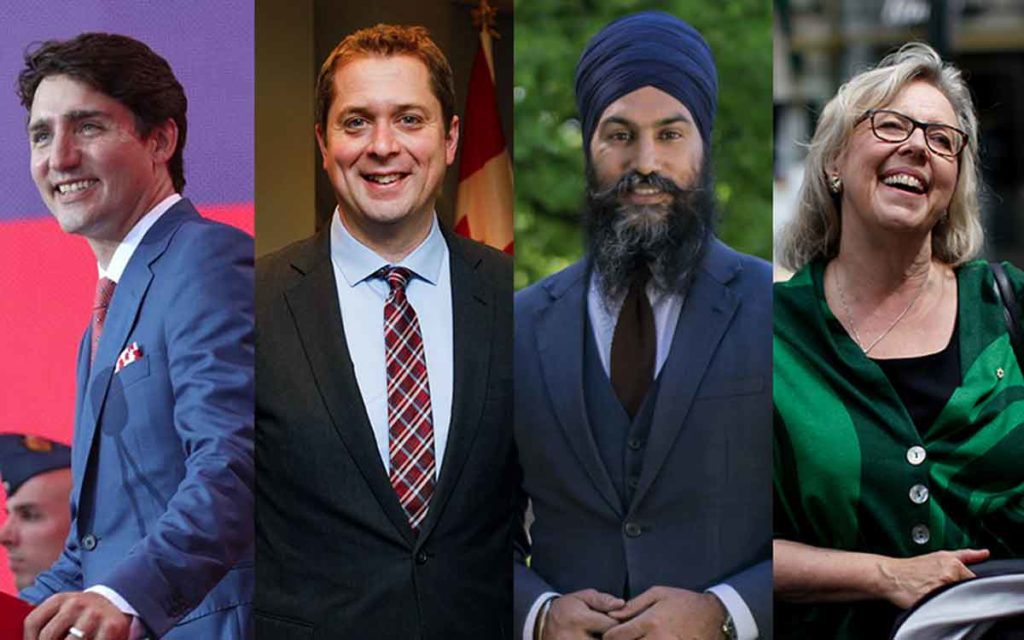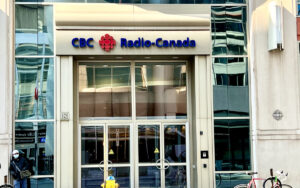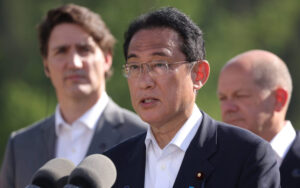
To think that Canadians believed we were getting a break from that separatism stuff – at least for a while. Sadly, the fractured 2019 election results show that separatist sentiment is back on not one, but two different fronts. The fact that no political party won a majority means that the coming days and possibly weeks will be fraught with uncertainty as the various parties consider their options and contemplate potential coalition partners. Whatever the end result may look like, it is guaranteed that a big chunk of the Canadian population is going to be very unhappy.
Looking at the underlying reasons behind voting patterns, a number of trends are clear. Vote-rich Quebec was clearly displeased with the large number of seats they gave the Liberals in 2015, and decided to allot a big chunk to the separatist Bloc Quebecois this time around. This is the strongest showing for the Bloc since 1993, when Canada faced the bizarre scenario of a party whose principal goal was to break up the country forming the official opposition in Parliament. The other big-vote province, Ontario, behaved as it usually does in splitting the urban vote between Liberal and NDP parties while the rural ridings went largely Conservative. In the so-called 905 region around Toronto, widely predicted to be pivotal for this election, Conservatives did not do as well as expected but did hold on to some seats.
Very rarely has a first-term majority government been defeated after one term in power, so there is no question that a majority of Canadians were unhappy with Trudeau’s record. Some commentators have noted that they thought the Conservatives should have done better against a Liberal leader that had committed so many gaffes and serious missteps including being the first sitting Prime Minister to have violated ethics laws – twice. But the Conservatives were not only up against Liberals and other political parties in this election, but the unions who, as usual, spent much more money than any other group involved in the election, including the political parties themselves. Much of the media also had a clearly anti-Conservative bias to their coverage. The CBC, which has always leaned left, really distinguished themselves this time around by being ridiculously partisan in favour of Liberals. The CBC are playing a very dangerous game with their own future. There will be a Conservative government in Canada again, sooner or later. Given CBC’s ridiculous performance in this election, a future Conservative government would be foolish if they did not defund the CBC at the earliest opportunity.
However things shake out in the next few days, there is no doubt that Canada is less united than it has ever been in recent history. A resurgent separatist presence in Quebec and a new movement promoting independence in Alberta, Saskatchewan and possibly Manitoba does not bode well for Canada’s future. The likely unholy alliance between the Liberals and the NDP means an even more interventionist government that we have seen for the last four years, which is saying something. Federal government spending and deficits will be even more outlandish with big new expensive – and unnecessary – programs like Pharmacare on the agenda. Any major pipeline project is expected to be dead in the water. It will be interesting to see the NDP and Greens translate into policy their claims that thousands of lost jobs in the resource sector can be easily replaced by jobs elsewhere. As no other country in the world has been able to achieve this despite their best efforts and many billions spent on subsidizing “green” jobs, these ridiculous claims will be proven to be the fantasy they always have been.
Although Ontario will not be as directly affected by some of these policies as will other parts of the country, the Canadian economy overall will be weakened, constraining employment and income growth. A significant number of manufacturing jobs in Ontario are dependent upon the resource sector in Western Canada. The NDP has declared its clear opposition to any pipeline and the likely coalition between the Liberals propped up by the NDP will damage Ontario as well as the West.
Furthermore, as most analysts believe a recession is looming for Canada and other countries, the types of policy approaches favoured by a Liberal/NDP coalition are the worst possible to cope with an economic downturn. Perversely, we might wish that the economy tanks sooner rather than later, so that coalition policy makers will be forced to put some water in their wine and realize that taxpayer resources are not endless to underwrite massive new statist programs such as Pharmacare and universal dental coverage, among others.
Minority governments are also typically unstable, and it is possible that Canada could face another election in the next year or so. Once the full impact of this mess of an election sinks in, Canadians might be very happy to have a do-over.

She has published numerous articles in journals, magazines & other media on issues such as free trade, finance, entrepreneurship & women business owners. Ms. Swift is a past President of the Empire Club of Canada, a former Director of the CD Howe Institute, the Canadian Youth Business Foundation, SOS Children’s Villages, past President of the International Small Business Congress and current Director of the Fraser Institute. She was cited in 2003 & 2012 as one of the most powerful women in Canada by the Women’s Executive Network & is a recipient of the Queen’s Silver & Gold Jubilee medals.




















